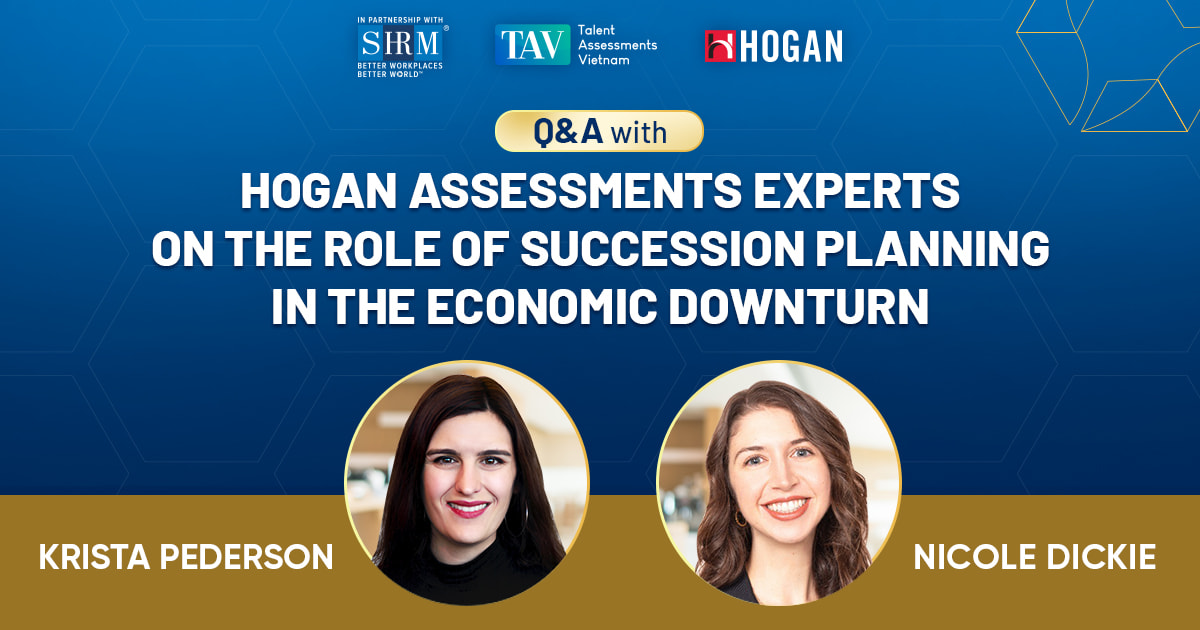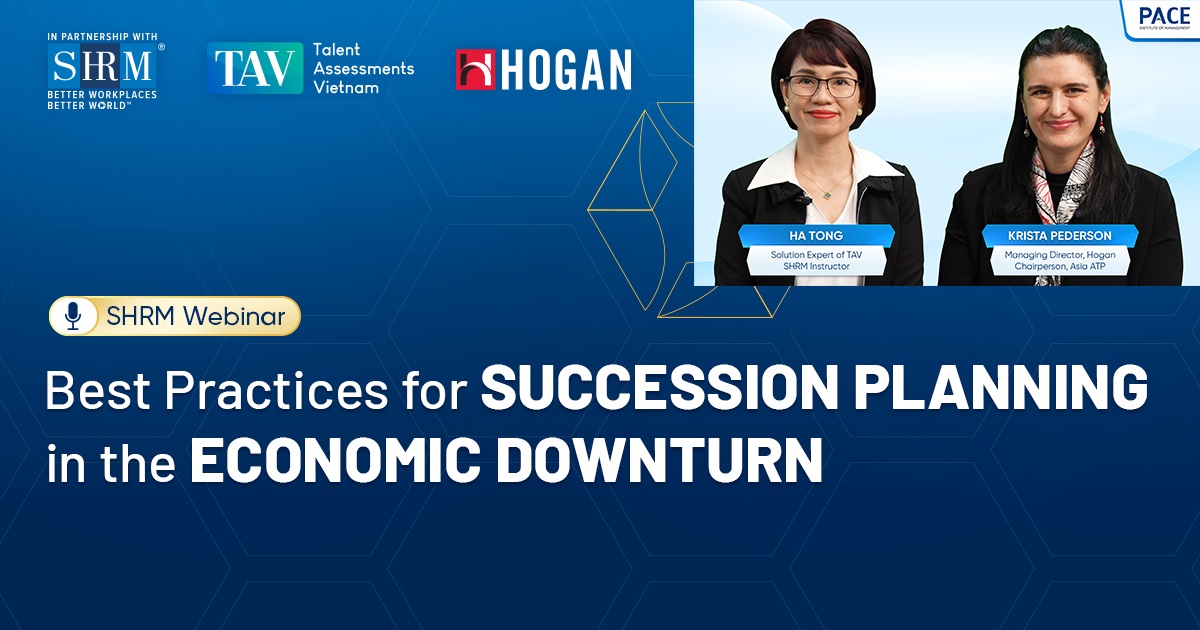MANAGERS, STOP FOCUSING ONLY ON YOUR STAR EMPLOYEES
When managers are asked about what makes employees a favourite, most will likely answer that they fancy individuals who are diligent, punctual, responsible, productive and other positive characters you could hear. While having top-performing people on team brings many advantages for the organisation, it should be noted that managers should not only focus on developing their A-players. Tom Gimbel, CEO of LaSalle Network, explained to company that managers who spend too much time with top performers will not gain anything. They will be wasting their time, instead.
“Managers need to produce a strong team around the A-player who can step off the bench and into the game at any given moment. Managers need to spend most of their time with the B-players,” Gimbel said. The said B-players are those who are more than average within a team. They have potential to become A-players. Therefore, managers should spend most, approximately 70 to 80 percent of the time, with these employees.
Encouraging the statement above, Monica Wadhwa, marketing professor at Temple University’s Fox School of Business, said that “not winning is, in fact more powerful than winning.” It can be implied that average employees are in fact more powerful than top performers. In her research titled “Can a Near Win Kindle Motivation? The Impact of Nearly Winning on Motivation for Unrelated Rewards” Wadhwa found that people who came close to winning gained motivation to succeed in their next efforts than either winners or clear losers.

What does that mean?
According to Wadhwa, the study clearly emphasises that when individuals are setting a goal for themselves, they should set goals that are slightly beyond their reach. Not too hard or too easy – harder task will get us move, easy task will decrease our motivation to complete it, while too hard task will likely lead to giving up. She urged managers to adopt this principle to employees. “Set targets just outside their grasp but not so hard that they get demoralized and quit,” Wadhwa warned. Therefore, it is important for managers to know the capacity of each team member in order to figure out appropriate objective.
Further, same as what Tom Gimbel said, Wadhwa suggested managers to stop focusing so much on star performers. Instead, they should tap into motivation of non-star performers. For example, “compare the (non-star) salesperson with the next best performer, so they know they were so close to them… This though can get their motivation flying,” says Wadhwa. If you see close and learn how to get into this energy, you will find that winners do not take all the success themselves.
|
Training Program
 Internationalize the human resource management capabilities of HR professionals in Vietnam Opening Date: September 26, 2019 in Hanoi
|








